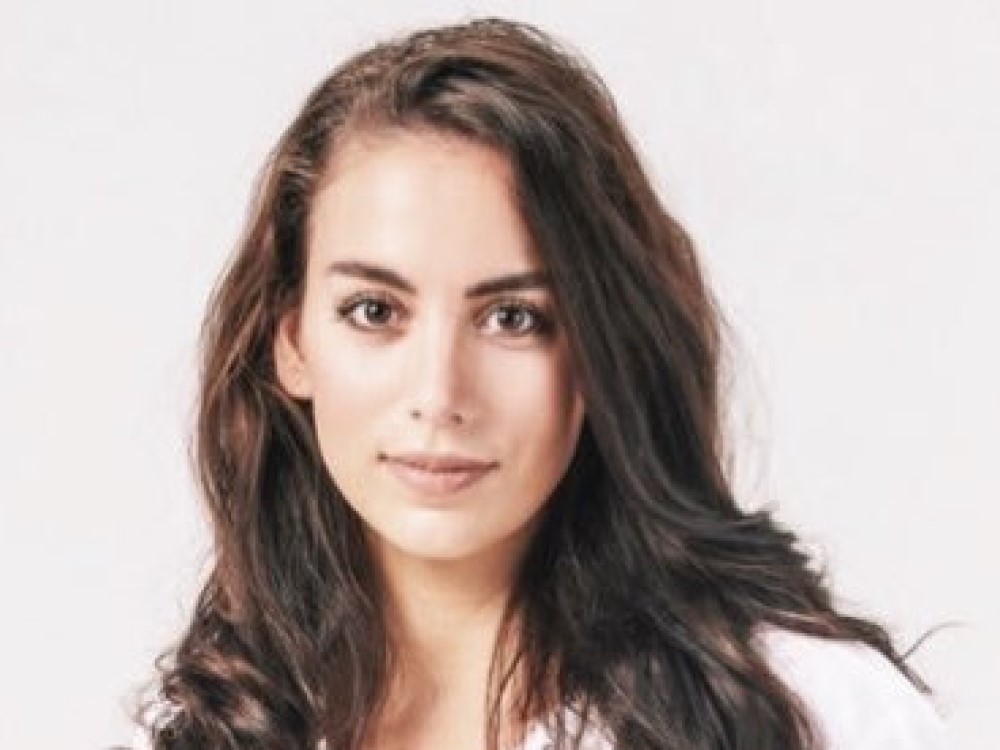
The real brain behind artificial intelligence is Albanian-born engineer Mira Murati. One of tech’s most influential innovators, she is the chief technology officer of OpenAI, the company that develops ChatGPT, an artificial intelligence chatbot. The 35-year-old leads a 375-person workforce that’s had billions of dollars of backing from Microsoft and industry celebrities including Elon Musk, OpenAI President Greg Brockman, and OpenAI chief executive Sam Altman. OpenAI is number one on Fast Company’s list of the World’s 50 Most Innovative Companies of 2023.
Murati was born in 1988 in Vlorë, Albania to parents who were both high school teachers. At 16, she moved to Victoria, Canada and attended Pearson United World College of the Pacific. She graduated from Thayer School of Engineering at Dartmouth College in 2012 with a Bachelor of Engineering degree in mechanical engineering.
Murati began her career as a summer analyst at Goldman Sachs before holding positions in engineering and management at Zodiac Aerospace. She spent three years at Tesla before joining Ultraleap (previously called Leap Motion), a California-based company specializing in the production of advanced hand tracking devices. In 2016, she was named their Vice President of Product and Engineering.
In 2018, Murati took a position at Open AI as the VP of Applied AI and Partnerships. Two years later, she became the Senior Vice President of Research, Products and Partnerships, before arriving at the role she is in today.
Murati described ChatGPT as “essentially a large conversational model” and is fully aware of the potential dangers of AI. ChatGPT generated massive interest within the first weeks of its launch and spawned feelings of awe, anxiety, and even existential dread about the potential of the service.
Murati is an advocate for the regulation of artificial intelligence and in an interview with Time magazine said, “It’s important for OpenAI and companies like ours to bring this into the public consciousness in a way that’s controlled and responsible. But we’re a small group of people and we need a ton more input in this system and a lot more input that goes beyond the technologies–definitely regulators and governments and everyone else.”
